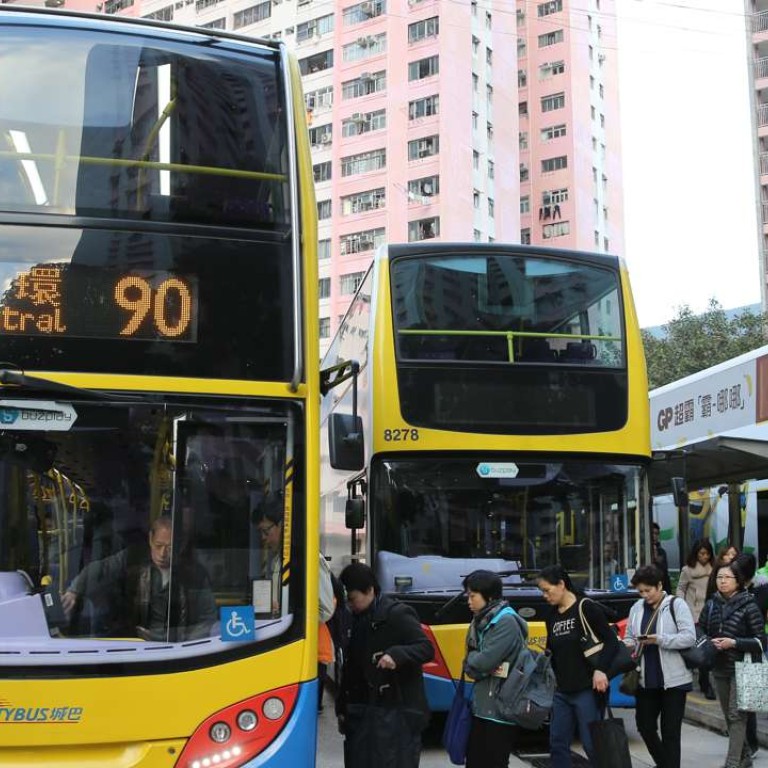
Hong Kong consumer price index slips for first time in eight years in February
But deflation unlikely as fall in commodity and service prices due to one-off factors, experts say
Commodity and service prices fell for the first time in eight years last month, but this did not mean Hong Kong would slip into deflation soon, an analyst said.
The Hong Kong consumer price index, a gauge for commodity and service prices, dipped 0.1 per cent in February, but Paul Tang Sai-on, chief economist at the Bank of East Asia, said the drop was mainly caused by one-off factors, and forecast full-year inflation to rise 2 per cent.
Meanwhile, a government spokesman also said that “inflation pressure stayed moderate in early 2017, whereas the slightly negative year-on-year headline inflation rate in February was due to a host of temporary factors such as one-off rates waiver, holiday and base effects”.
The timing of the Lunar New Year, which fell in late January this year instead of February, resulted in lower travel spending, while prices for fresh vegetables soared earlier last year due to the weather, which was colder than usual. Both factors contributed to a smaller comparison base for this year, the government said in a press release.
Additionally, the move by major electric power firms to lower electricity charges last year also helped to ease the inflationary pressure.
Taking the first two months of this year together – to neutralise the holiday effect – the CPI rose by 0.6 per cent over a year earlier.
In his first budget unveiled last month, Financial Secretary Paul Chan Mo-po expected the full-year inflation rate to rise 1.8 per cent.
“The recent fall in CPI is actually a very positive signal. It means consumers have benefited from the cheaper products,” Bank of East Asia’s Tang said.
“Not all deflation is bad. The demand is still largely in place,” he said, adding that figures for local employment and pay rise remained stable.

The strong performance in housing transactions and prices also kept deflationary risks at bay.
He expects the growth in consumer prices to accelerate as the weather becomes warmer.
In February, the prices for electricity, gas and water fell the most by 7.5 per cent compared with the same period last year, while that for food and durable goods both fell 3.7 per cent.
Transportation saw the biggest increase in prices in February, rising 3.1 per cent year on year. Costs for takeaway meals increased 2.8 per cent.
Overall prices for housing rent grew 0.2 per cent in the month, with private housing gaining 0.4 per cent and public housing falling 0.5 per cent.
“Looking ahead, inflation pressure should remain contained in the near term, given the low imported inflation and moderate increases in local costs,” the government spokesman said.

